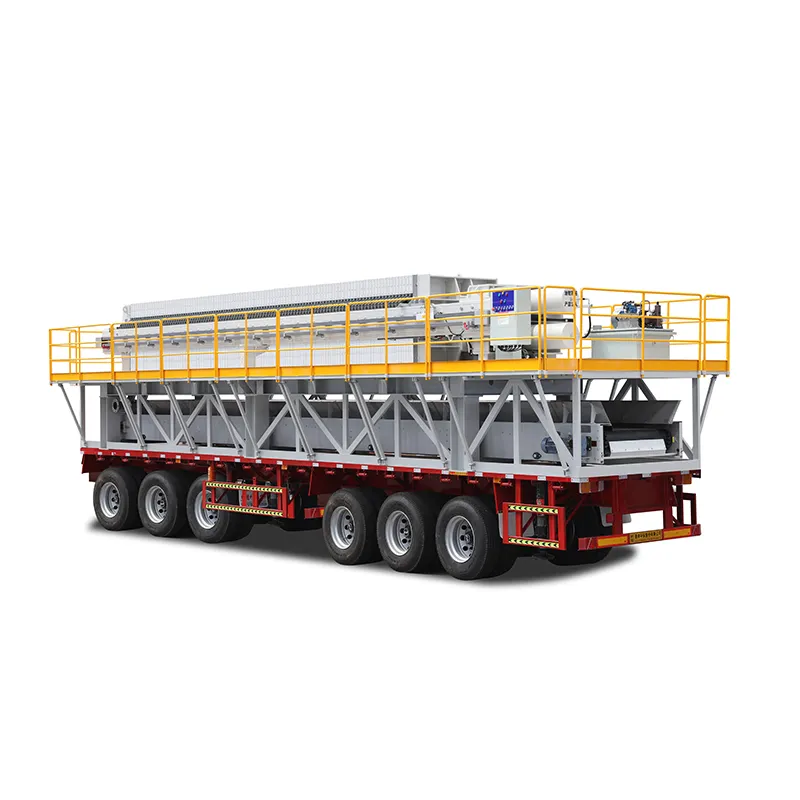In industries ranging from wastewater treatment to food and beverage production, filter presses are emerging as essential equipment for efficient separation processes. A filter press is a type of industrial equipment used to separate solids from liquids, utilizing a combination of pressure and filtration to achieve a high level of clarity in the resulting liquid.

The operation of a filter press is straightforward yet highly effective. It consists of a series of filter plates, which are arranged in a frame, creating multiple chambers. During the filtration process, a slurry is pumped into these chambers, where it is subjected to high pressure. As the liquid passes through the filter cloths lining the plates, solid particles are retained, forming a cake that can be easily removed once the process is complete.
One of the significant advantages of filter presses is their ability to produce a dry, high-quality cake with minimal residual moisture. This is particularly beneficial in industries that require stringent environmental regulations, as it reduces waste disposal costs and enhances recycling efforts. Furthermore, the compact design of filter presses allows for easy integration into existing systems, making them a versatile choice for many operations.
Recent advancements in filter press technology have introduced automated systems that enhance efficiency and reduce labor costs. These modern units can monitor pressure levels, automate the cake discharge process, and provide real-time data on filtration performance. As industries continue to focus on sustainability and operational efficiency, the demand for filter presses is expected to rise.
In summary, filter presses play a crucial role in various sectors by providing effective separation of solids and liquids. Their ability to deliver high-quality results, coupled with advancements in automation, positions them as indispensable tools in the quest for cleaner and more efficient industrial processes.